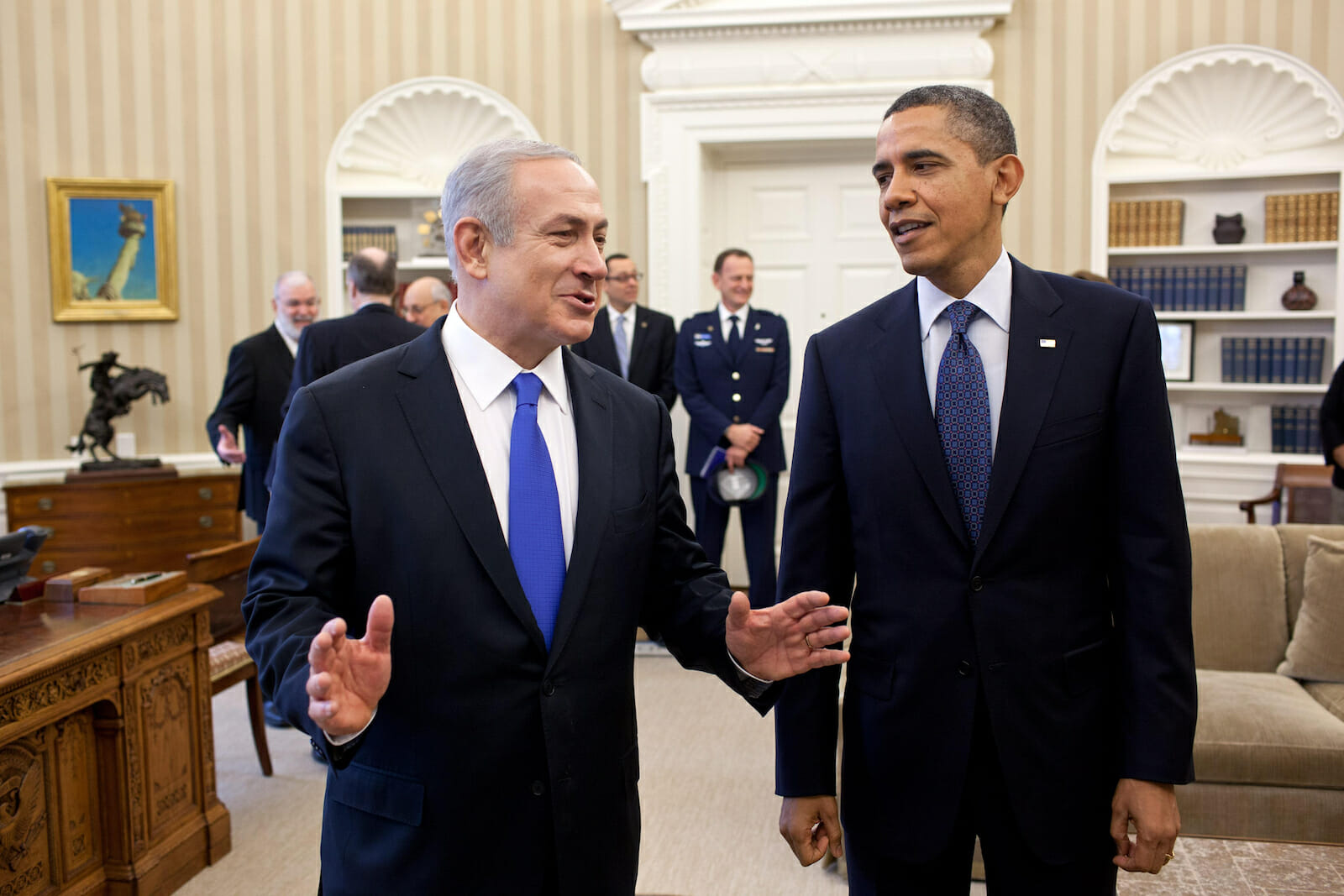
Israel is Going too Far to Stop the Palestinians
The latest news coming out of Israel has revealed that the Israeli Foreign Ministry has proposed “toppling” President Mahmoud Abbas and his Palestinian Authority should Palestine’s bid for UN non-member observer status be approved when it is put to the General Assembly on November 29th. Palestine is seeking non-member status with the United Nations as a step towards creating an independent Palestinian state, adhering to the pre-1967 Six Day War boundaries. This proposed area would include the Gaza Strip, the West Bank, and East Jerusalem—which would also serve as its capital.
Abbas and the Palestinian Authority began to seek recognition as a full member state last fall. However, this failed, due to a lack of support in the Security Council, mainly at the behest of the United States, as it threatened to block any admission of Palestine with their permanent member veto power. This has pushed Abbas to seek a downgraded status as a non-member observer. Last October, Palestine managed to obtain the necessary votes to join UNESCO—the cultural arm of the United Nations. This move led to an immediate punishment by the Israeli government in the form of accelerated illegal settlement construction and withholding tax revenues. The U.S. also withheld funding from UNESCO as part of a legal requirement regarding recognition of the state of Palestine.
Recently, President Barack Obama phoned President Abbas upon winning reelection and urged him to defer the application to the UN. This request was rebuffed by the PA citing that it had been offered zero incentives or concessions to encourage the move.
This is just the next level of drama in the seemingly endless and fruitless negotiations between Israel and Palestine. Since the 1993 Oslo Accord promised a resolution to this matter, next to nothing has been accomplished over the last two decades that showcase the promise of a settlement any time soon.
Palestinian recognition by the UN as a non-member observer will grant them access to UN agencies that do not fall under the power of the U.S. Security Council veto. Israel fears this. Israeli Foreign Ministry Spokesperson, Lior Ben Dor, expressed concern about the possibility of Palestine joining the International Criminal Court (ICC) and pursuing legal actions against Israel for illegal settlements in the West Bank.
In reality, however, this argument holds little weight. First, the ICC is not a United Nations entity. It is an independent court system derived from the 1998 Rome Statute. Second, Palestine would have to sign the Rome Statute and ratify it before any action could even be brought to the Office of the Prosecutor. Finally, the ICC only holds jurisdiction over countries that are full members of the Rome Statute, to which Israel is not. Also, the ICC only has the power to indict criminals accused of war crimes, crimes against humanity and genocide. The crime of aggression does not become admissible until January of 2017. A charge against Israel could potentially be brought for all crimes except genocide, but the ICC possesses no military or police arm to uphold its indictments, they depend on member states to turn over the guilty parties. With no authority on Israeli soil, it would be unlikely that any real consequences would come of a complaint by Palestine.
Besides, in the past, Israel has shown little-to-no desire to adhere to international law. It has already been determined by the International Court of Justice—which is a UN entity—that Israeli settlements in the West Bank are illegal. This has not stopped Israeli’s from continuing the practice of establishing such settlements or removed any of the previous settlers in the region since the judgment was handed down. In fact, the U.S. was the only permanent member of the Security Council to oppose a resolution condemning Israeli settlements. The United States vetoed the resolution in support of its ally. Israel does not seem concerned with international law as long as the U.S. stands by it.
This brings us back to the issue of the internal Israeli document calling on the action to topple Abbas in the event that Palestine succeeds in being recognized by the General Assembly at the end of the month. By decreeing that such drastic measures be taken if Palestine succeeds in securing recognition, Israel has opened up the potential for another major war in an already tense region. With Syria suffering through a horrific civil war with no end in sight and many countries attempting to build a new system of governance after the culmination of the Arab Spring, the last thing that is needed is another war between Arabs and Israelis.
This report states that Palestine achieving non-member status would be “crossing a red line that will require the harshest Israeli response.” It also mentions that any upgrade in UN membership would prevent any further deals from being struck between Israel and Palestine. Finally, and maybe the most alarming part of the whole report, Israel admits to the consequences that would come about if such drastic action were taken, stating, “Even though this would not be a simple step to take because Israel would have to pay the consequences.” This means that Israel is aware that there would be consequences to removing Abbas from power by any means necessary, but it is willing to proceed with the plan anyway.
Israel has exploited its union with the United States, holding the U.S. hostage on issues such as a preemptive strike against Iran and these ongoing negotiations with Palestine. If Israel violently or forcibly removes President Abbas from power, the U.S. cannot condone such actions. A ripple effect would move through the Arab world and possibly stir up more armed conflict in the region, with the potential of dire realities for all those involved. Due to the fact that the Security Council is powerless to stop the vote of the General Assembly, a nod in favor of Palestinian statehood is a possibility. It is supported by many countries across the globe. Violent repercussions from Israel if such a measure is approved must be vehemently prevented by the United States if it hopes to maintain some semblance of peace in the region.
With shots being fired across the border between Israel and Syria, the rising violence in Gaza between Hamas and Israel, the constant threat of a war between Israel and Iran and a new Muslim Brotherhood regime in neighboring Egypt, Israel feels cornered as well it should. And when Israel feels threatened or cornered it has a tendency to lash out. But Israel must realize that a strike against the more reasonable and moderate branch of Palestinians will only provide ample excuse for retaliation from any or all of its enemies. If Palestine receives the necessary votes for non-member status, removing Abbas is not the answer. Any action of this magnitude could topple the region into all-out war, which would have extreme global ramifications.
Israel is a vital ally to the U.S. in the region. However, Israel needs the U.S. more than the U.S. needs Israel. As a second-term president with no concern for reelection, Barack Obama must take a firm stance with his ally in the Middle East and prevent such tactics from coming to fruition. It is not in the United States’ or the world’s best interest to allow an all-out war. While it should definitely not isolate its supposed closest ally in the region, the reality is that occasionally Israel needs to be calmed and contained. If Palestine achieves non-member observer status in the UN, the U.S. must take the lead role to prevent any radical reactions from sparking a regional war. Otherwise, the Middle East could potentially explode into turmoil.
